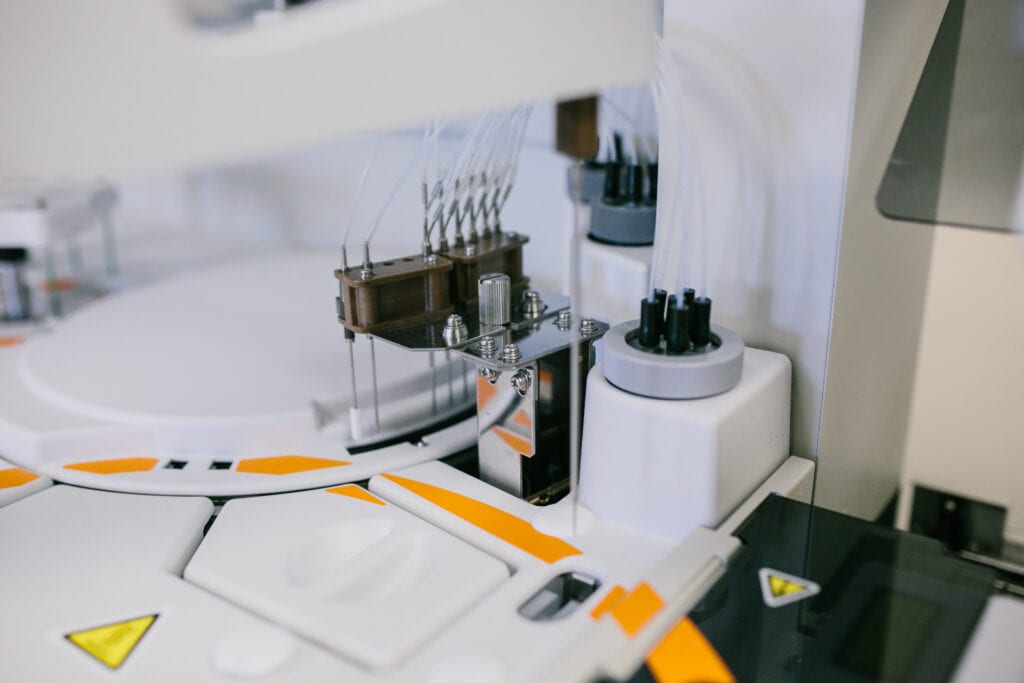Why Routine Testing Protects Your Pet’s Well-Being
Why Routine Testing Protects Your Pet’s Well-Being
Blog Article
Keeping your pets healthy, lab tests for pets plays a vital role. Pet diagnostic labs assist in diagnosing illnesses for our beloved pets.
Through this guide, we’ll explore the importance of veterinary testing and show how they benefit your pet’s health.
Understanding Veterinary Labs for Pets
Labs focused on animal health examine biological specimens to provide valuable data. These labs rely on specialized equipment to deliver reliable diagnostics.

Core responsibilities of veterinary labs include:
- Spotting health issues early: Supports better outcomes.
- Managing long-term health issues: Ensures your pet stays on track.
- Testing the success of interventions: Ensures therapies are working.
Common Veterinary Tests for Dogs and Cats
Animal health labs provide multiple testing services to ensure pets are thriving. Essential health checks include:
- Biochemical testing: Assess organ function.
- Urinary tract exams: Spot bladder issues.
- Parasite screenings: Ensure proper gut function.
- Skin and allergy testing: Pinpoint triggers.
- Imaging diagnostics: Examine bones and joints.
laboratorio de microbiologia veterinariaclínica veterinária e laboratório ivdlaboratório veterinario sp
Why Routine Exams Are Important for Pets
Regular veterinary testing helps prevent serious issues. Through preventative measures, you can avoid costly emergencies.

The value of regular diagnostics include:
- Enhanced quality of life: Ensuring effective care helps pets enjoy a better life.
- Lower medical bills over time: Avoiding invasive procedures saves on costly treatments.
- Trust in their health management: Feel secure in their care plan.
Why Testing is Key for Dogs and Cats
Pet diagnostic labs are essential for modern pet care in maintaining their quality of life. With ongoing lab evaluations, you protect them from preventable illnesses.
Don’t wait—take action now to give them the care they deserve!
Report this page